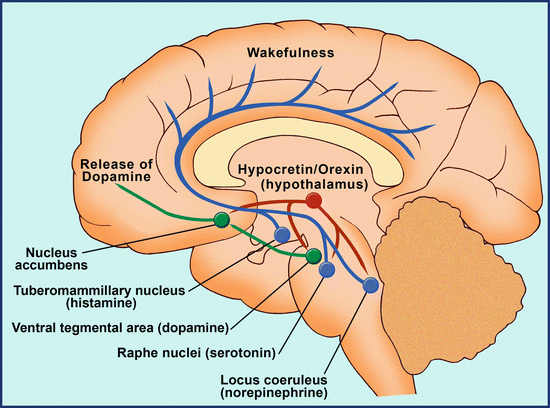
In addition, if short-term use of an opioid (eg, post- or perioperative) is required, interruption of treatment with XYREM should be considered.Īfter first initiating treatment and until certain that XYREM does not affect them adversely (eg, impair judgment, thinking, or motor skills), caution patients against hazardous activities requiring complete mental alertness or motor coordination such as operating hazardous machinery, including automobiles or airplanes. If use of these CNS depressants in combination with XYREM is required, dose reduction or discontinuation of one or more CNS depressants (including XYREM) should be considered. The concurrent use of XYREM with other CNS depressants, including but not limited to opioid analgesics, benzodiazepines, sedating antidepressants or antipsychotics, sedating anti-epileptic drugs, general anesthetics, muscle relaxants, and/or illicit CNS depressants, may increase the risk of respiratory depression, hypotension, profound sedation, syncope, and death. WARNINGS AND PRECAUTIONS Central Nervous System Depression patients with succinic semialdehyde dehydrogenase deficiency.combination with sedative hypnotics or alcohol.1,2ĬONTRAINDICATIONS XYREM is contraindicated for use in: PSG testing also measures airflow, respiratory effort, and leg activity.Combination PSG/MSLT should be considered.Reevaluation of cataplexy should be considered.In patients who experience a SOREMP on a nocturnal PSG.A SOREMP on a nocturnal PSG is a highly specific marker for narcolepsy in the absence of another sleep disorder, but with low sensitivity.A SOREMP on an overnight PSG can be used as 1 of the 2 or more SOREMPs necessary for a narcolepsy diagnosis according to the ICSD-3* criteria.A SOREMP is defined as REM sleep within 15 minutes of sleep onset.In addition, PSG testing results can identify the nighttime occurrence of sleep onset rapid eye movement periods (SOREMPs).Documents the adequacy of sleep, including frequency, duration, and total amounts of different sleep stages.

Records normal and abnormal physiologic activity over the course of a night.PSG testing helps identify whether other sleep pathologies, such as obstructive sleep apnea, are present.1 PSG testing is routinely indicated, together with a multiple sleep latency test (MSLT), for assessing the potential presence of narcolepsy. Polysomnography (PSG): An objective measurement of nighttime physiology.


 0 kommentar(er)
0 kommentar(er)
